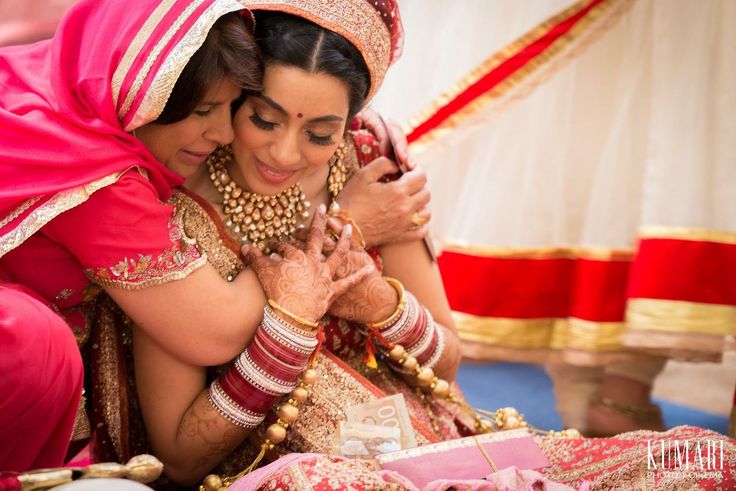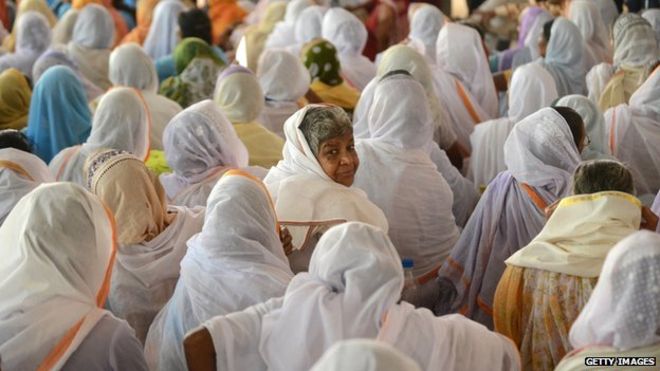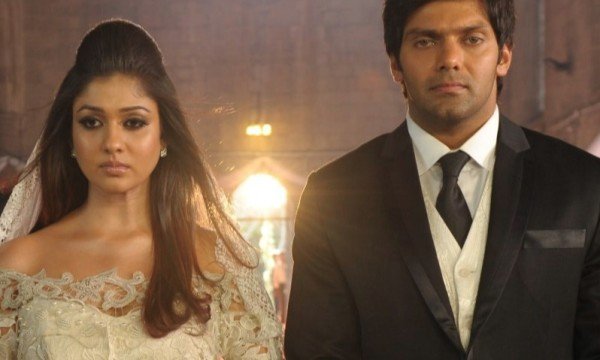
Looking to create your love story? Join the other couples who have dated and got married through myTamilDate.com!
___
The discrimination of widows in our Tamil culture has been passed down from generation to generation and is still in full practice in this modern day and age. Our ancestors believed in this treatment and due to migration, it has emerged in the traditions of South Asian communities around the world. It is mind boggling that the very instant that a woman loses her husband, she is treated as if her life no longer has any purpose.
Where does this entitlement come from? Isn’t it already bad enough that they have just lost their life partner, and in some cases, the love of their life? Apparently, this means nothing in our culture because our customs dismiss their grief and replace it with ongoing discrimination everywhere they go, for as long as they live. When a women loses her husband, in our culture her dignity is also taken away from her. One particular tradition that demonstrates this is when widows are discouraged from attending auspicious occasions (such as weddings) because they are seen as bad luck.
This tradition absolutely infuriates me and the concept of bad luck is where I get stumped. I have a number of widows in my family and I have born witness to their mistreatment more times that I can count. The tradition of shunning widows from auspicious events comes from the belief that they are cursed and bring this energy with them everywhere they go. It has broken my heart to see mothers, who are widows, stand behind and watch their brothers or another male authority figure take over for them during their child's weddings. A widow should be able to participate in rituals like any other guest at a wedding. But the reality is that they are shut down, viewed as a curse on an auspicious day, and told not even to go near the bride and groom. The odd times that they aren’t stopped from participating in wedding proceedings, they are reminded in covert ways that they are the “other” and continue to be marginalized. Interesting enough, men who lose their wives are not condemned by society the same way as females who lose their husbands.
Though this isn’t necessarily an issue every Tamil individual faces, it is something that widows and their children have to face every day. It is important to understand that we are all one, we are all God’s children and we share this beautiful world with each other. I am a child of a widow and this does not make me worth less than other human being. Similarly, the fact that a woman is a widow has no effect on her intellect, capabilities or personality. Therefore, it should not impact how other people treat her or how they treat her children.
I want my mother to be able to stand beside me at my wedding without fear of judgment or interference from others. If the children of the world stand up for our mothers, aunts, sisters, grandmothers, we can create such a difference in this world and end this tradition. We can stop the humiliation these widows endure, not only every single time they attend a function, but the pain they relentlessly experience every day due to blatant discrimination. We live in a generation where independence has become something we admire and value in women. Widows are the embodiment of this fierce independence because they provide for their families and children by themselves, without a partner to rely on. For this, and many other reasons we owe them our support and utmost respect.

In a traditional aspect, I understand this may stir up controversy amongst the older generation whom believe that these cultural practices are a way of life to prevent bad things from happening, but we need to destroy the idea that widows are “those bad things.” No one ever pauses to ask where these beliefs come from. It certainly did not originate from God or our Hindu scriptures. Placing the blame of every thing that may go wrong at a function on female widows is completely illogical and unfair. Furthermore, excluding them from auspicious events only serves to inflict more pain and serves as a constant reminder of their grief.
Please help me, help them be happy, the way they deserve to. Help me celebrate the courage, resilience and strength these women possess. Please ask yourself if these practices have merit and question any practice that discriminates one group of people from the rest of society. Next time you find yourself at an auspicious occasion and you witness any form of discrimination towards a widow, please speak up. Change starts with you! As the wise Martin Luther King once said, "Our lives begin to end the day we become silent about things that matter."
Watch Next:
"myTamilDate Love Story: Jenani & Nav Found Each Other At The Right Time And Right Place In Life"
"myTamilDate.com Love Story: Tharshi & Ravi Found Love During Lockdown"

























